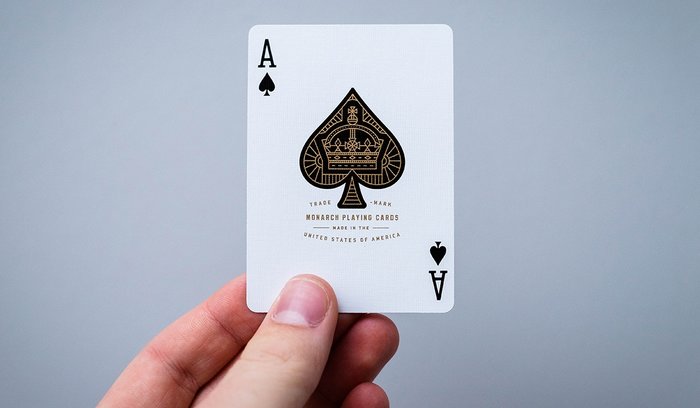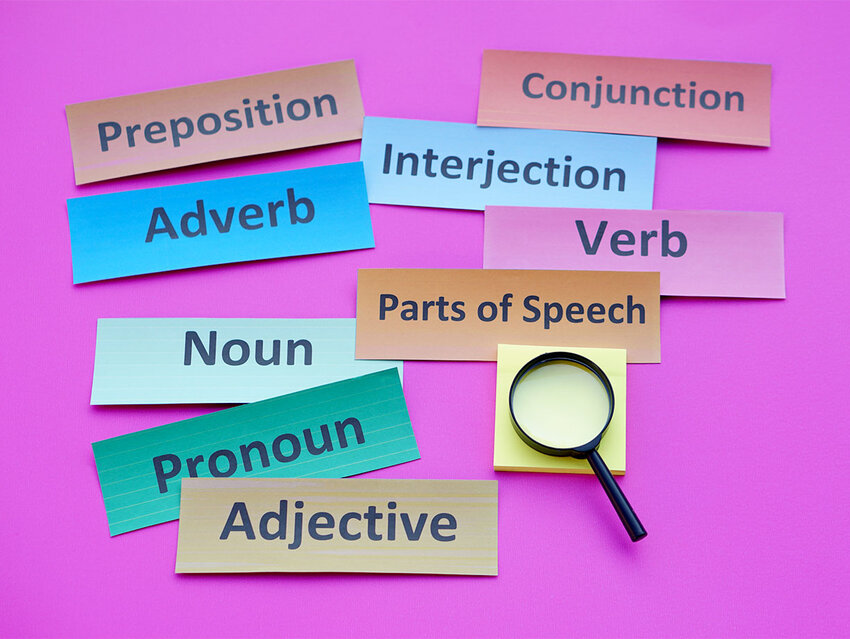
Thrall
[thrahl]
Part of speech: noun
Origin: Old English, 10th century
1.
The state of being in someone's power or having great power over someone.
Examples of Thrall in a sentence
"My aunt loved gadgets and was in the thrall of late-night infomercials."
"YouTubers have thrall over my prankster brother, always giving him new ideas for mayhem in our house."
About Thrall
An extremely old word in English, “thrall” is based on the Old English word “þrǣl” and the Old Norse “þræll,” both meaning “slave.”
Did you Know?
Though the earliest roots of this very old word (first noted in the 10th century) refer to the state of being enslaved, in modern terms, “thrall” refers to the condition of being held captive by something invisible, such as an idea, a tradition, a set of values, a mood, or a charismatic person. A shy person acting boldly because they were caught up in the thrall of a crowd was not forced to act as they did, but allowed themselves to be influenced by the enthusiasm of others. Likewise, a gleeful child meeting a movie hero at a comic convention is in the thrall of celebrity. The modern usage of “thrall” has lost the connotation of being held captive, and gained an element of being swept along with excitement.








